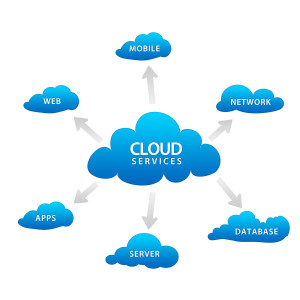
Password issues
The most significant security issue that company owners face with regards to cloud computing happens to also be the biggest security issue that users also face when it comes to computing: passwords which are either too simple to guess or shared too freely.
Business owners should be careful to choose passwords to their cloud projects which are difficult for others to guess. The best solution is for owners to include a mix of letters and numbers in their passwords. Owners also need to be careful about sharing their passwords with a lot of people. The more people who have access to passwords, the more vulnerable important data and documents are.
Hacker alert
Hackers, malware, and spyware are issues for everyone who owns a computer. Likewise, they are serious issues for cloud environments. As a user of a third party cloud storage service, you do not have control over the security of the cloud and this can be very frightening for business owners. Large companies must create their own security for the data that is stored in the cloud.
Common sense protection
There are a couple common-sense practices that can help protect small business owners who choose to store information in the cloud.
First, owners should consider what kind of information they’re storing in the cloud. The most sensitive data, data that could damage a business if it is lost or stolen, may not be ideal for cloud storage. Instead, this data may be better preserved on a business owner’s individual computing system and reliably backed up.
Secondly, before giving every employee free access to cloud-stored data, think carefully about which employees actually needs access to that information. People are often careful about protecting their laptops and desktop computers from prying eyes; this attitude should be applied to the cloud as well.


